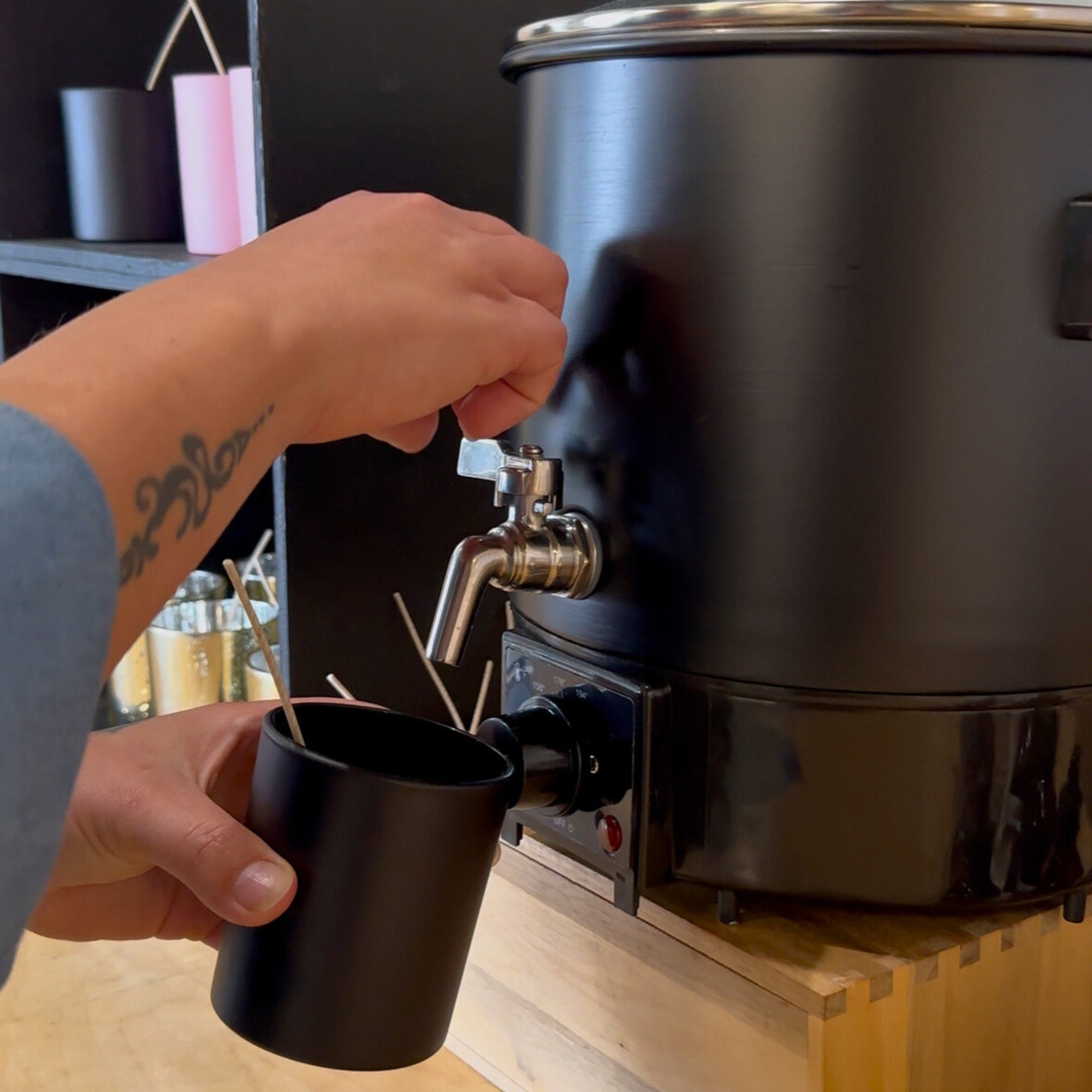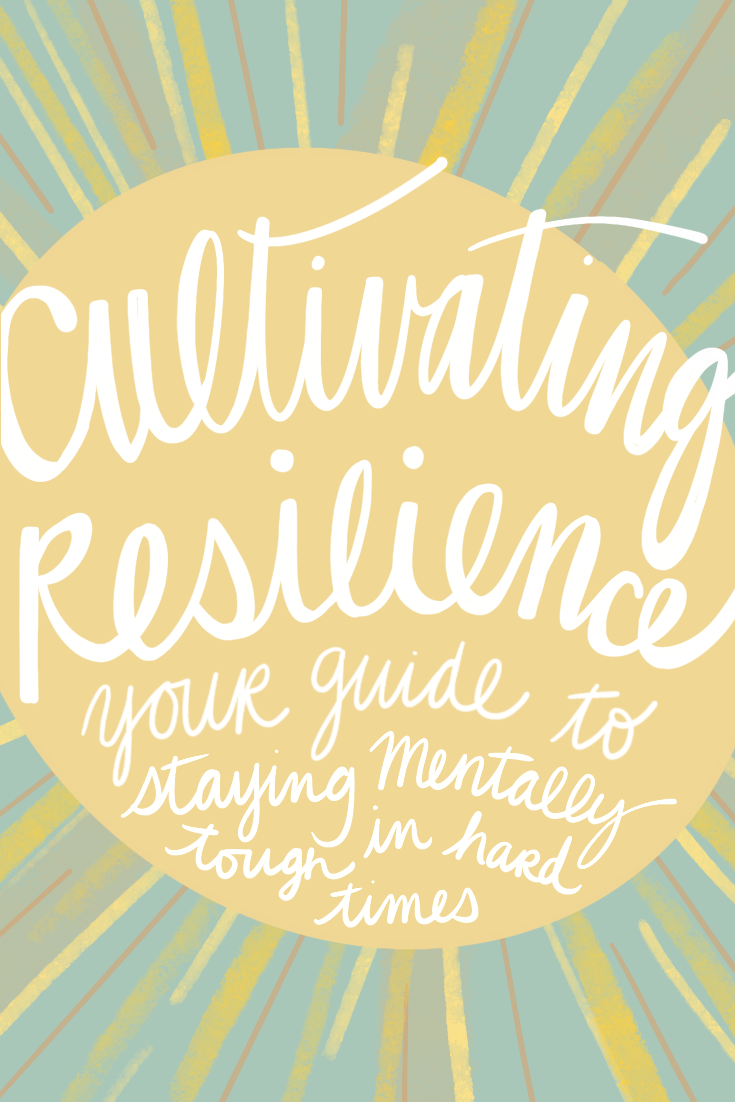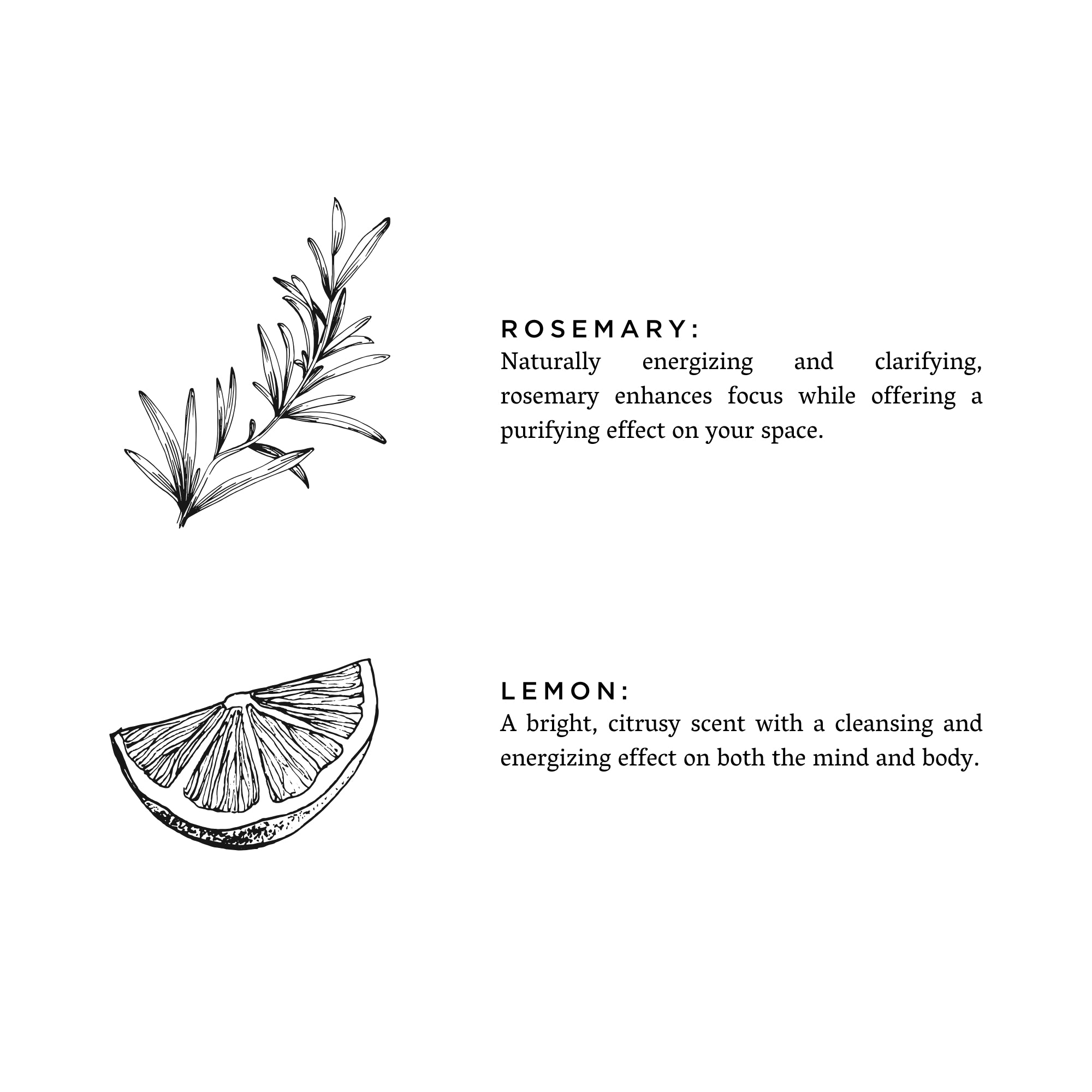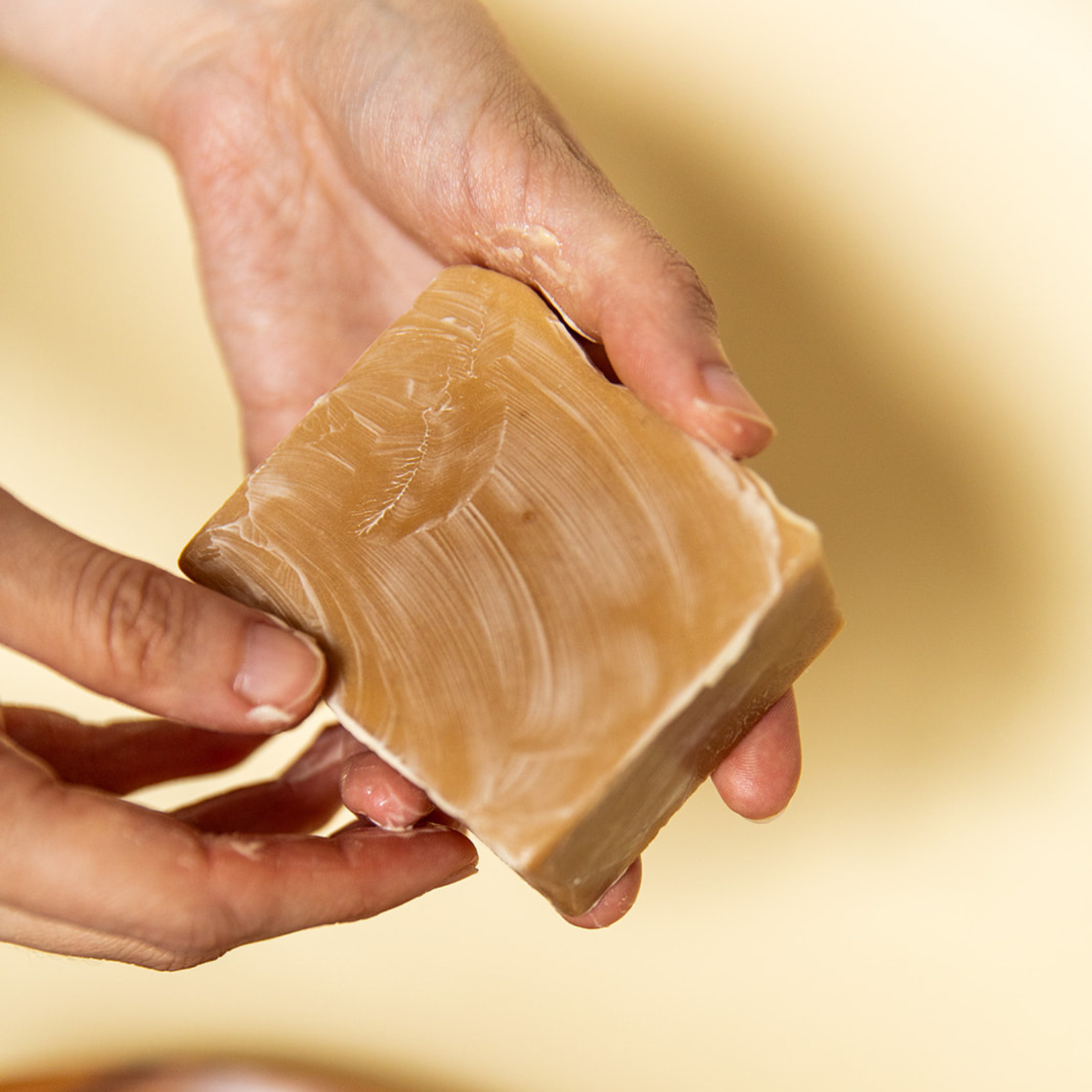
The saying “when life hands you lemons, make lemonade” is definitely valid, but we’re pretty sure the person who made that up never had to live through 2020. All jokes aside, however, this popular phrase begs a question: how, exactly, does one turn those lemons into lemonade when the onslaught of lemons feels relentless?
The answer is through mental toughness.
The term “mental toughness” dates back to the early 2000s, when it emerged in the context of sports training. It has since been commonly used in the world of business and psychology, generally referring to a person’s ability to perform well under pressure.
More specifically, mental toughness is characterized by a psychological edge that enables a person to cope better than others with the many demands of a challenging situation. People who demonstrate mental toughness are skilled in remaining determined, focused, confident, and controlled under pressure.
We’re guessing that most people reading this aren’t super-star athletes (and if you are, that’s awesome). Regardless, the methodology of mental toughness can be applied to anyone in a challenging situation. And if this year hasn’t proven to be challenging for pretty much everyone, we don’t know what will.
Overcoming the hurdles of mental and physical exhaustion, quarantine, and a seemingly endless battering of bad news takes grit. It’s certainly not easy, but it’s not impossible, either. Here are some effective tips for strengthening your mental toughness.
 Photo by Olia Nayda
Photo by Olia Nayda
Say Goodbye To Self-Limiting Beliefs
The way you speak to yourself matters. Negative self-talk like “I can’t do it,” or, “What if I’m not good enough?” hampers mentally toughness. Instead, try reframing your thoughts in a positive manner, such as, “What if all this hard work I put into this project pays off?” or, “I know it will be challenging, but I’ve survived everything life has thrown at me so far.” Cultivating resilience is only possible when you believe in your own capabilities.
Practice Intentional Indifference
In his article “Develop Mental Toughness With This Ancient Practice - Lessons from Marcus Aurelius and Michael Jordan,” author and productivity blogger Darius Foroux writes that developing mental toughness begins with enacting the first principle of Stoicism. TL;DR, the first principle of this ancient practice boils down to “only worry about what matters to you.” Practicing intentional indifference shifts your energy from distractions and to what’s truly important. This gives you more energy, space, and time to focus on what brings you fulfillment, joy, and peace.
Foroux says, “The practice is straightforward: Face something important? Give it your full attention. Is something not important? Move on. That’s the idea. But this only works if you know what’s important to you.”
 Photo by Christina
Photo by Christina
Understand Your Intrinsic Motivation
In her book Grit: The Power of Passion and Perseverance, researcher and author Angela Duckworth defines grit as the perseverance and passion to achieve long-term goals. The book explores the stories of field cadets as they muster through their first days at West Point, teachers working in some of the nation’s toughest schools, and finalists competing in the National Spelling Bee.
The people she interviewed all come from different backgrounds and face varying circumstances. One thing they had in common, though, was that all were pursuing a purpose. They all knew what was important to them. This intrinsic driving force propels people forward despite the odds.
Reflecting on your “why” can help you achieve mental toughness. A purpose puts your priorities and goals into perspective, making them meaningful for you. And if you’re not quite sure of that “why,” check out this handy resource for discovering your purpose, whether it’s in the grand scheme of things or for small moments in time.
Find Your Tribe
Battling it out through hard times is less exhausting when you know you’re not alone. Leaning on the people around you is a key component of mental resilience. Whether you foster a community of friends, mentors, or your family to cheer you on, there is power in unity. Knowing you are cared for and can ask for help when needed will take a mental load off of you.
Cecilia Seiter
Cecilia is a freelance writer and contributor to Slow North. She writes largely about sustainability, especially as it applies to beauty, wellness, and the future of technology. She is a graduate of the journalism department at Cal Poly, San Luis Obispo and is based in Los Angeles, CA.































